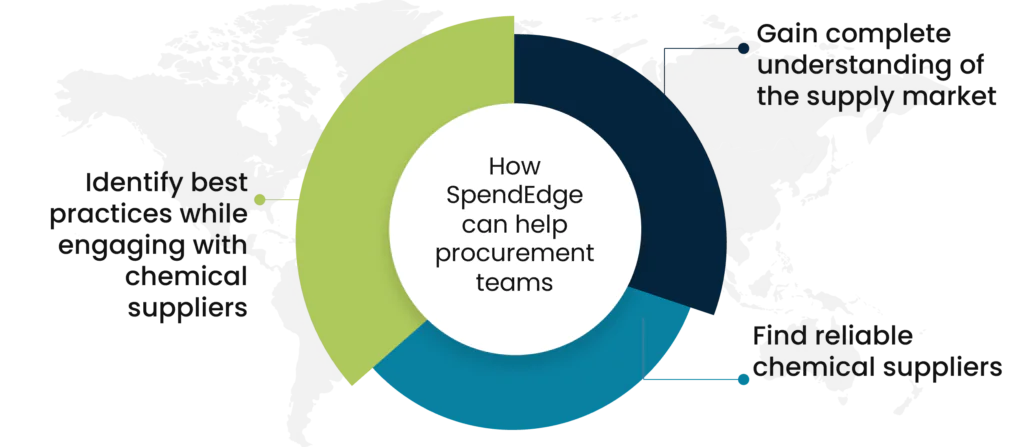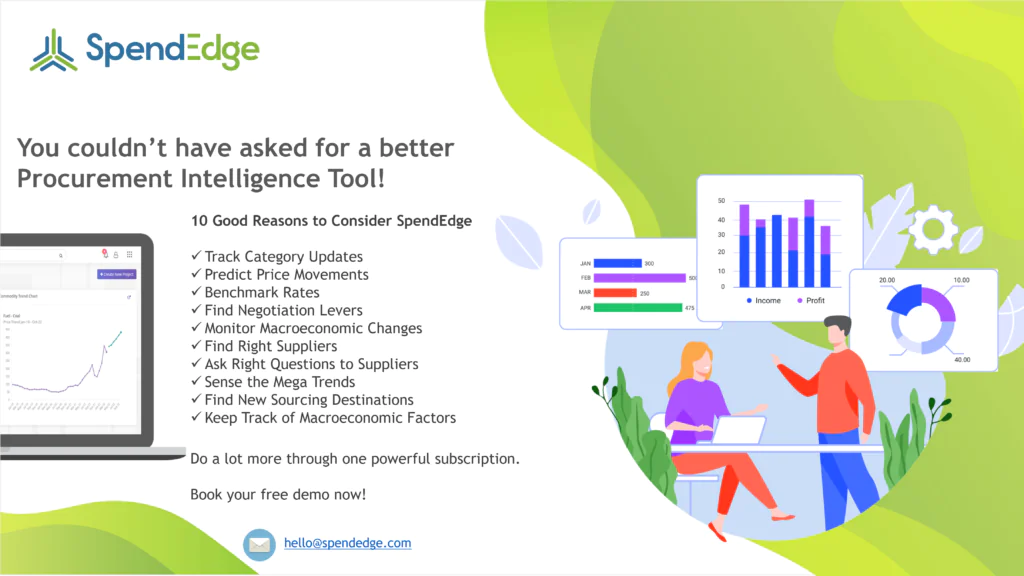By: George Mathew
Chemicals play a critical role in the biopharmaceutical industry, both at the R&D stage and during the manufacturing process. While in the R&D phase, it is used as reagents to test new formulations and solvents to facilitate various processes, in the manufacturing stage, chemicals, ranging from basic organic compounds to complex molecules, form the raw materials that are eventually transformed into the final drug product. Needless to say, disruptions in the chemical supply chain can have severe consequences for the biopharmaceutical industry. For example, in case of the R&D function, shortage of a critical reagent could delay important experiments, leading to longer timelines, or the unavailability of a specialized catalyst could result in the redesigning of an entire research protocol, thereby leading to increased costs and delays. Similarly, in case of manufacturing, disruptions in the supply of an important chemical can halt production lines, leading to stockouts and potential revenue loss.
A reliable and robust chemical supply chain is essential for biopharmaceutical companies as disruptions can have ripple effects that impact not just timelines and costs, but also the quality and safety of the end products. In order to continue operating smoothly, biopharmaceutical companies need to improve their chemical procurement strategies. Any failure to act on time could exacerbate drug shortages and compromise patient care. More efficient, transparent and diversified procurement strategies are the need of the hour which can ensure a more stable and resilient supply chain.
Challenges in chemical procurement
Regulatory hurdles
One of the major challenges that procurement teams face while sourcing chemicals is the regulatory hurdles they must deal with. Procurement teams must ensure that they procure chemicals from companies that adhere to Good Manufacturing Practices (GMP) as noncompliance can result in severe penalties and even product recalls. They must also ensure that the relevant environmental laws such as restrictions on hazardous substances and requirements for waste disposal are adhered to. In addition, different countries have different regulations related to import and export of chemicals which further adds to the procurement complexity. In addition, procurement teams must navigate complex intellectual property laws to avoid infringement when procuring patented or proprietary chemicals.
Logistical challenges
Another challenge is that the global supply chain on which chemical procurement greatly relies on, is susceptible to disruptions such as shipping delays due to port congestion, trade restrictions, or even geopolitical tensions that can lead to embargoes.
Lack of alternatives
A third challenge while procuring chemicals is that the lack of alternative sources for specialized or high-purity chemicals puts biopharmaceutical companies in a vulnerable position resulting in compromises in quality or higher costs.
What procurement leaders should do:
Form transparent and strong vendor relationships
Procurement leaders should look to form transparent and strong relationships with chemical manufacturers as it can ensure a stable supply of critical raw materials. Regular audits, quality checks and open communication channels can further aid in building trust and reliability.
Adopt technological solutions
Procurement teams should also look to maximize the use of technology solutions such as advanced supply chain management systems which can enable real-time tracking of shipments, inventory levels and supplier performance. Similarly, predictive analytics based on advanced machine learning algorithms, can predict potential disruptions, allowing for proactive measures.
Employ diversification strategies
Using various diversification strategies can also help increase the procurement efficiency. For example, using multiple suppliers for the same chemical can reduce reliance on a single source, while sourcing from different regions can help mitigate geopolitical risks.
How SpendEdge can help procurement teams

Gain complete understanding of the supply market
SpendEdge analysts’ expertise in chemical procurement for the biopharmaceutical industry can help procurement teams gain a thorough understanding of the recent developments in the market, who are the important vendors providing various chemicals, and the possibility of future supply disruptions.
Find reliable chemical suppliers
Our experts carry out in-depth supply-side research to shortlist potential vendors based on our exhaustive vendor assessment rubric, covering various predefined parameters, not limited to price points and lead times.
Identify best practices while engaging with chemical suppliers
When it comes to engaging with chemical suppliers, our experts can help the procurement function by identifying the best approach on vendor selection, engagement models, contract negotiation, and cost management. With a clear view of the best practices, our experts help clients achieve cost savings and minimize risks in the procurement process.
Success story: How SpendEdge helped a biopharmaceutical company with category intelligence service
SpendEdge recently helped a biopharmaceutical company looking to improve its chemical procurement process. Although the client was not facing any specific risk, they were unsure whether in future they could face supply disruptions due to the changing geopolitical situation. The client wanted SpendEdge to identify alternate suppliers across diverse regions that they could engage with.
SpendEdge’s analysts began by assessing the global chemicals market for biopharmaceutical use. Our analysts started identifying the key chemical manufacturers for different chemicals across the globe. For the identified manufacturers, the operational and functional capabilities covering manufacturing capacity, plant locations, quality certifications were assessed. Based on this assessment, the best fit suppliers were shortlisted.
SpendEdge analysts also provided recommendations on the best engagement practices which could help the client obtain better value from the engagement. Finally, the most important KPIs to be included in the contract, and which would help evaluate the performance of the manufacturers, were provided to the client.

Contact us now to solve your procurement problems!
Author’s Details
George Mathew
Associate Vice President, Sourcing and Procurement Intelligence
George is a procurement specialist at Infiniti Research and provides advisory services to clients across the pharmaceutical, CPG & FMCG, energy, and automotive sectors. He specializes in the procurement areas of industry benchmarking, cost modeling, rate card benchmarking, negotiation advisory, and supplier intelligence.




